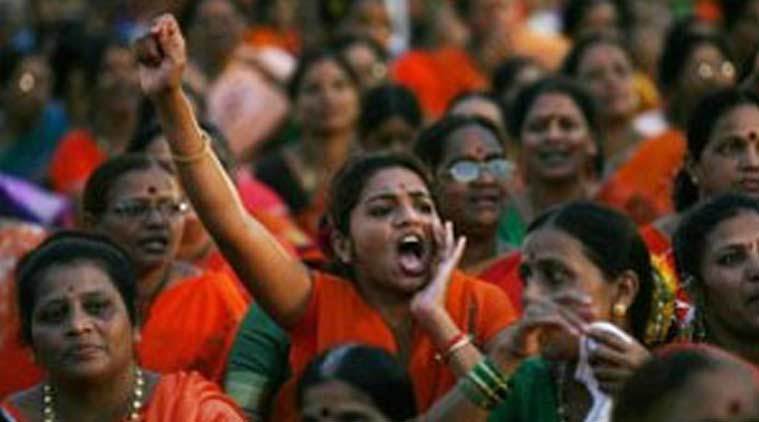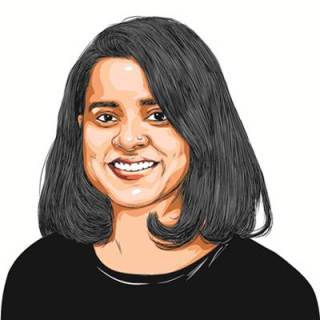In equal measure
Parity in political representation for women will help bring bigger, deeper change.

Sometime in late 2016, following a controversy over the alleged use of “cow meat” by biryani sellers in Doha village, Haryana, a group of village elders gathered in Haji Shah’s courtyard around noon. Journalists who had come down from the national capital began asking them questions, and soon, a heated argument broke out between members of the Meo-Muslim community and the Qureshis, who were being blamed for selling the biryani.
Rubiya, in her 20s, stood in one corner, watching the men quibble. A dupatta covering her head, she finally spoke softly. “The biryani sellers are all children between 16-17 years of age. They need education and jobs. They sell biryani because they have nothing else to do,” she said. With just that, Rubiya, mother of two and the sarpanch of Doha village, gave the men in that courtyard some food for thought. They calmed down and the discussion changed to the need for jobs and education for the village youth.
In reality, it was her father-in-law, Shah, who was considered “sarpanch” by most villagers. However, Rubiya’s position as the head of the village gave her the agency to raise issues that mattered to the community, and to the hundreds of women in Doha village like her.
In this context, Odisha Chief Minister Naveen Patnaik’s decision to field 33 per cent women in the Lok Sabha elections, and West Bengal Chief Minister Mamata Banerjee’s allocation of 41 per cent of the TMC poll tickets to women, assume significance — measures that will help create women politicians who can represent the aspirations of 49 per cent of India’s voters.










.png)




























No hay comentarios:
Publicar un comentario